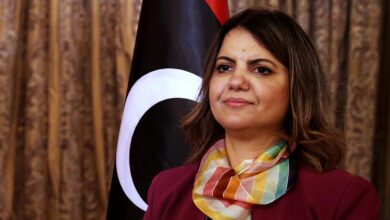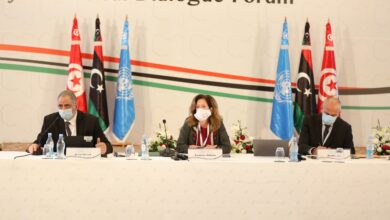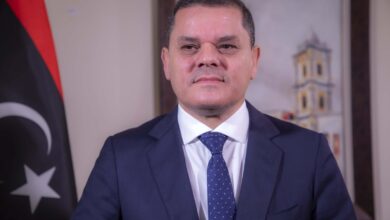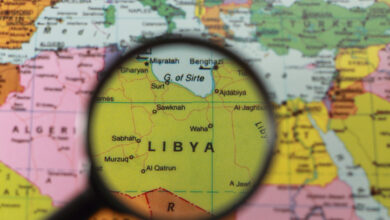Libya
Libyan Prime Minister Says He Will Step Down After New Government Is Formed
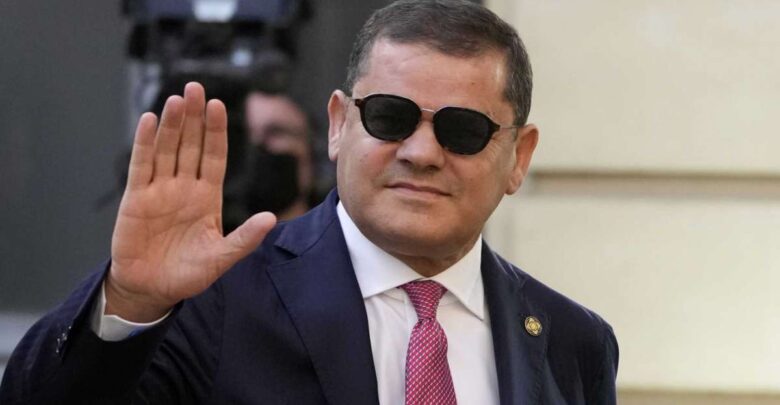
Libyan Prime Minister Abdul Hamid Dbeibah on Wednesday suggested starting preparations for the June elections and holding parliamentary elections at the end of 2022, reported Daily Sabah.
“After the parliamentary elections are held and the new government is formed, I will not stay in office even for a minute,” Dbeibah said in a speech posted on social media on Wednesday.
The Libyan prime minister noted that he had a talk with the Supreme Election Commission officials about the elections and that if the commission does not stand by the people, they should look for alternative solutions.
“The United Nations and Stephanie Williams should hear the voice of the people,” Dbeibah said referring to the U.N. secretary-general’s special adviser on Libya.
He said no concrete solution will be found without the wishes of the Libyans.
Notably, there have been two governments in Libya for more than two months- the Tripoli-based Government of National Unity led by Dbeibah and the one appointed by the Tobruk-based House of Representatives in March.
Dbeibah has previously said that he would only hand over authority to an elected government, raising fears that the oil-rich country could slip back into a civil war.
Meanwhile, the United Nations Secretary-General Antonio Guterres also recently called on both sides to set a new date for elections in Libya.
“A clear, consensual path to elections is, now more than ever, a political necessity,” Guterres told the U.N. Security Council in a report obtained by Deutsche Presse-Agentur.
He said Libyan institutions and political leaders have the responsibility to resume the electoral process as soon as possible.
Libyans are waiting for the long-delayed elections to take place, hoping that the vote will contribute to ending years of armed conflict that have plagued the oil-rich country.
Libya plunged into political turmoil after a NATO-backed 2011 uprising ousted longtime dictator Moammar Gadhafi. The country has been split between rival administrations in the east and the west for years, each supported by militant groups and foreign governments.


